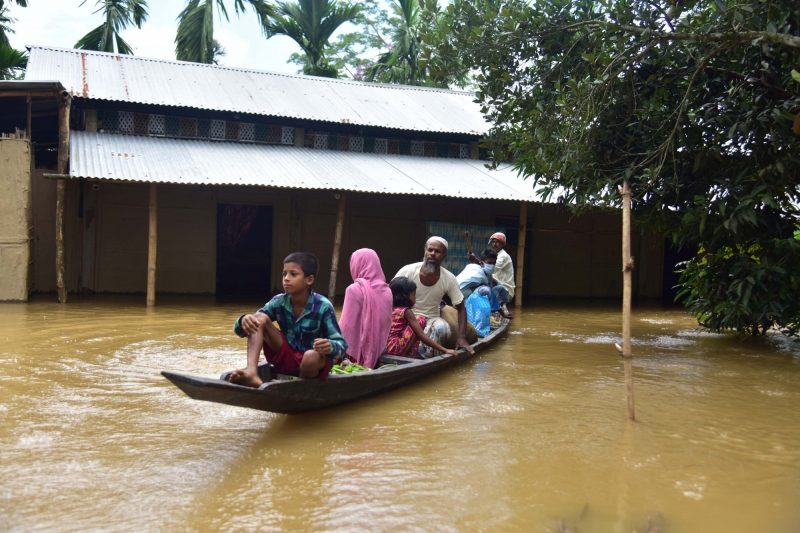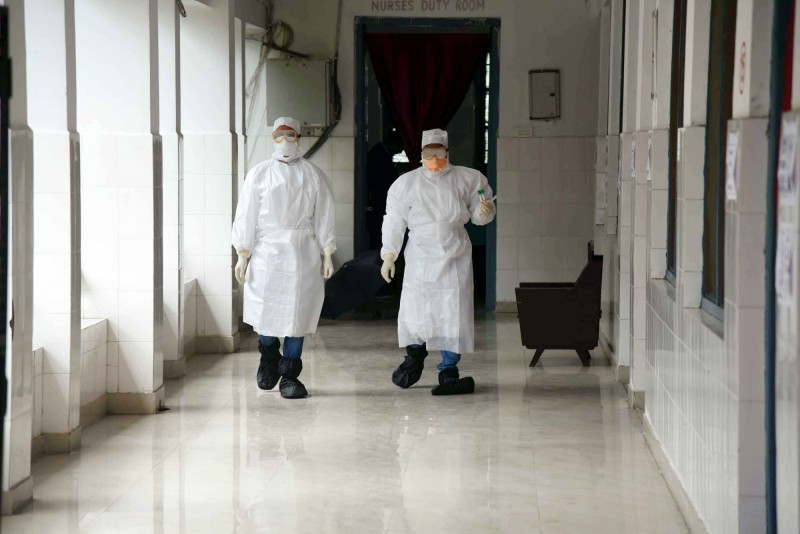Keeping at least two-metre distance from other people is significantly more effective at reducing the transmission of Covid-19 than one metre, according to a new study, published in ‘The Lancet’ journal.
The systematic review and meta-analysis based on 172 observational studies in 16 countries by the World Health Organisation (WHO), also revealed that face masks and eye protection decrease the risk of infection, too.
“Physical distancing likely results in a large reduction of Covid-19,” said study lead author Holger Schunemann, Professor at McMaster University in Canada, who is also co-director of the WHO Collaborating Centre for Infectious Diseases.
“Although the direct evidence is limited, the use of masks in the community provides protection, and possibly N95 or similar respirators worn by health-care workers suggest greater protection than other face masks,” Schunemann said.

The systematic review was conducted by a large, international collaborative of researchers, front-line and specialist clinicians, epidemiologists, patients, public health and health policy experts of published and unpublished literature in any language. They sought direct evidence on Covid-19 and indirect evidence on related coronaviruses causative of Severe Acute Respiratory Syndrome (SARS) and Middle East Respiratory Syndrome (MERS).
They identified no randomised control trials addressing the three coronaviruses but 44 relevant comparative studies in health-care and non-health-care (community) settings across 16 countries and six continents from inception to early May 2020.
Analysis of data from nine studies (across SARS, MERS and Covid-19, including 7,782 participants) looking at the physical distance and virus transmission found that keeping a distance of over one metre from other people was associated with a much lower risk of infection compared with less than one metre.
The risk of infection when people stand more than a metre away from the infected individual was found to be three per cent, and 13 per cent if within a metre.The findings also showed that face coverings and masks might protect both healthcare workers and the general public against infection with Covid-19.
“There is an urgent need for all caregivers in health-care settings and non-health-care settings to have equitable access to these simple personal protective measures,” said study researcher Derek Chu.
“However, although distancing, face masks, and eye protection were each highly protective, none made individuals totally impervious from infection and so, basic measures such as hand hygiene are also essential to curtail the current Covid-19 pandemic and future wave,” Chu noted.
As of Tuesday morning, the overall number of cases stood at 6,265,496, while the death toll increased to 375,526, according to the Johns Hopkins University.









